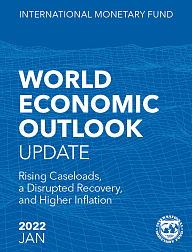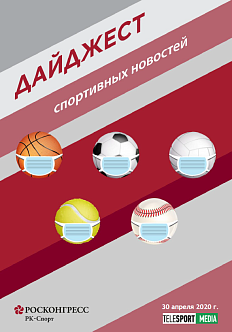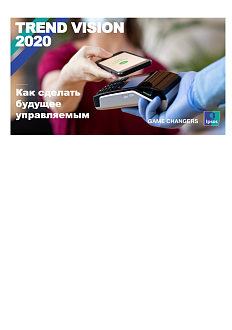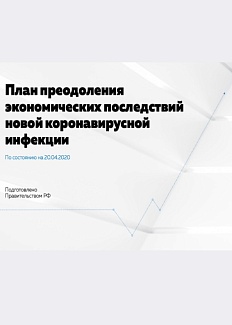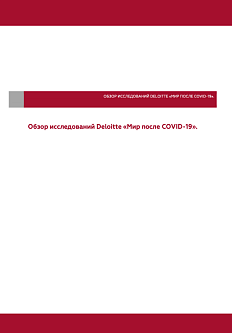The new report by the International Monetary Fund provides an analysis of the current state of the world economy against a backdrop of today’s challenges, including the consequences of the coronavirus pandemic.
The Roscongress Foundation presents the salient points of the publication accompanied by fragments of broadcasts of relevant panel discussions from the business programme of international events held by the Roscongress Foundation.
Analysts expect a slower global growth with persistent inflation.
The authors of the publication state that the global economy enters 2022 in a weaker position than previously anticipated. Global growth is expected to moderate from 5.9 in 2021 to 4.4 percent in 2022, and then slow to 3.8 percent in 2023. As the new Omicron COVID-19 variant spreads, countries have reimposed mobility restrictions. Rising energy prices and supply disruptions have resulted in higher and more broad-based inflation than anticipated, notably in the United States and many emerging market and developing economies. The ongoing retrenchment of China’s real estate sector and slower-than-expected recovery of private consumption also have limited growth prospects.
The authors of the publication expect that elevated inflation will persist for longer than anticipated earlier, with ongoing supply chain disruptions and high energy prices continuing in 2022. They assume that inflation should gradually decrease as supply-demand imbalances wane in 2022 and monetary policy in major economies responds.
Among the forces shaping the outlook, the IMF experts single out the pandemic’s continued grip, downside surprises in the second half of 2021 (such as supply disruptions and new COVID-19 outbreaks), broadening price pressures, and tightening monetary conditions globally.
To counter the effects of the pandemic and other risks, it is essential that the global community should cooperate in adopting a package of support measures.
With the pandemic continuing to maintain its grip, the emphasis on an effective global health strategy is more salient than ever. Worldwide access to vaccines, tests, and treatments is essential to reduce the risk of further dangerous COVID-19 variants. This requires increased production of supplies, as well as better in-country delivery systems and fairer international distribution. Monetary policy in many countries will need to continue on a tightening path to curb inflation pressures, while fiscal policy—operating with more limited space than earlier in the pandemic—will need to prioritize health and social spending while focusing support on the worst affected. In this context, international cooperation will be essential to preserve access to liquidity and expedite orderly debt restructurings where needed. The authors of the report also note that investing in climate policies remains imperative to reduce the risk of catastrophic climate change.
Gain more insights about global challenges and possible ways to stabilize the economy during a pandemic in the Economic Inequality, Globalization/regionalization, StayHomeEconomy, and COVID-19 sections of the Roscongress Information and Analytical System.


